I have a class that has lots of properties that I am implementing IEquitable<T> on. I have found multiple examples on how to do GetHashCode() for small amount of properties.
public override int GetHashCode()
{
unchecked // Overflow is fine, just wrap
{
int hash = 17;
// Suitable nullity checks etc, of course :)
hash = hash * 23 + field1.GetHashCode();
hash = hash * 23 + field2.GetHashCode();
hash = hash * 23 + field3.GetHashCode();
return hash;
}
}
How should I go around when I have hundreds of properties on object?

